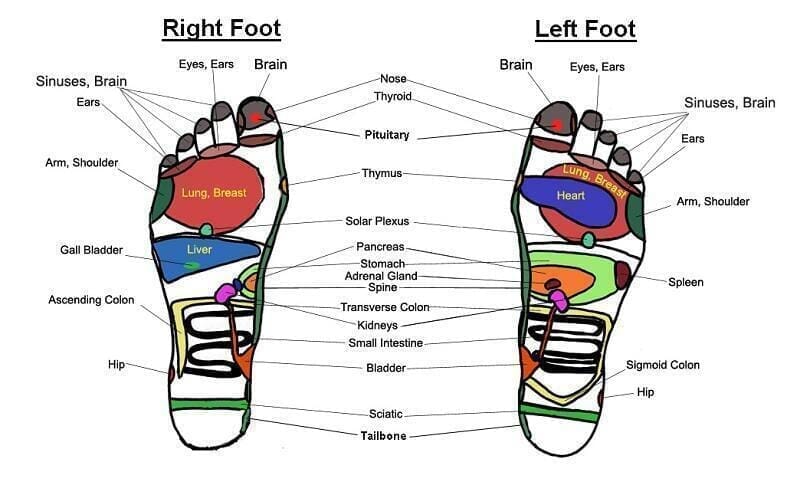The New Art of Mindfulness: Meditation for Wellbeing | Herbal Goodness
In this increasingly chaotic world, peace can be a hard thing to come by. Unfortunately for us, chaos is a natural process and we cannot just wish it away. Because that is part of life, and it will always be unpredictable, constantly throwing curve balls our way.
It is amidst all the turmoil that we are compelled to turn to a method of inner peace and relaxation that is thousands of years old: mindfulness or mindful meditation, or what the Buddhists from 2,500 years ago called Vipassana.
This is an eastern philosophy that focuses on bringing to the fore your inner peace when the “little things” keep getting in your way.
It teaches us that peace is within us – it has always been – and not dependent on external circumstances. But for us to achieve that peace, we need to learn to let go, because the habit of clinging on to “stuff” only creates suffering.
What we are also encouraged to do is to purposefully pay attention to what we are doing in order to experience life in the present. The phrase “living in the moment” is one you have heard many times before.
With all the distractions we are faced with today, we often find ourselves spinning off. But practicing mindfulness helps us break the constant buzz of modern life and return to the moment.
Related: Papaya Strawberry Snack Bar
Health and Wellbeing
But mindful meditation is not only about finding a sense of inner peace and living in the moment. It also offers untold health benefits.
A 2014 study by Johns Hopkins Medicine revealed that 30 minutes of everyday meditation can improve anxiety and depression symptoms.
This echoed 2013 findings in Belgium schools that found mindfulness is capable of curbing depression-related symptoms in adolescents. The results also revealed that mindfulness can stifle the development of depression-like symptoms in the future.
Before that, in 2012, Massachusetts General Hospital and Boston University researchers established that embarking on an 8-week meditation training program positively impacted how the amygdala responded to stress (lowering it) – even when the individual is not involved in active meditation.
Meditation can also promote creative thinking, as a 2014 study from the Netherlands' Leiden University found. Australian and Norwegian researchers also established that meditation (nondirective) enhances brain performance by triggering the default mode network and areas linked to memory retrieval.
The American Pain Society published a study in 2015 that found meditation can be an effective treatment for anyone suffering from chronic neck pain.
There are hundreds of more studies like these which serve to reinforce the idea of why we should make mindful meditation a regular practice in our lives.
Last Word
We can thus draw the conclusion that the art of mindfulness and meditation is not only good for our emotional well-being but also offers remedial powers.
If amidst all the daily havoc, you can spare just one moment of peace each day, there is no reason why your life shouldn’t become more joyful.
And the beauty of it is that there is never a shortage of mindfulness exercises that you can put into practice every day, regardless of where you are or what you may be doing. Mindful breathing. Mindful eating. Mindful walking. Mindful thoughts. Mindful [insert word here].










